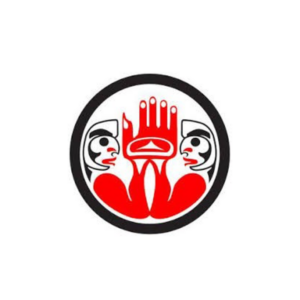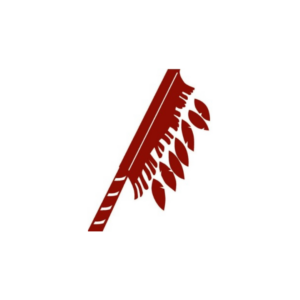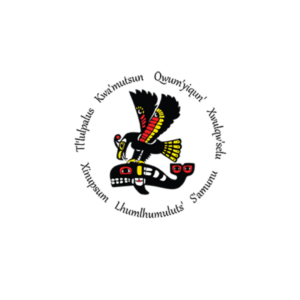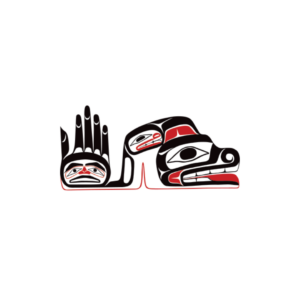Research ethics
Indigenous research ethics
As a provincial organization, our work extends across many Indigenous lands and territories throughout British Columbia. We acknowledge with respect and humility that our Vancouver offices are located on the traditional and unceded territories of the xʷməθkʷəy̓əm (Musqueam), Skwxwú7mesh (Squamish), and səl̓ilwətaɁɬ (Tsleil-Waututh) Nations.
Welcome to our new page for Indigenous Research Ethics Resources. This page was developed based on current resources on our website as well as learning materials gathered by our team. We feel it is important to highlight the excellent existing resources as well as provide support to the REBC Network and connected community. This page is a starting point and, as with our learning journeys, we look forward to growing this section of our website.
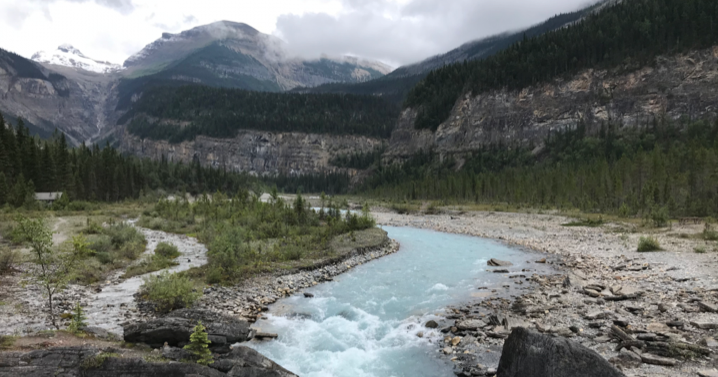
As a provincial organization, our work extends across many Indigenous lands and territories throughout British Columbia. We acknowledge with respect and humility that our Vancouver offices are located on the traditional and unceded territories of the xʷməθkʷəy̓əm (Musqueam), Skwxwú7mesh (Squamish), and səl̓ilwətaɁɬ (Tsleil-Waututh) Nations.
Resources by topic
Community voice
Cultural safety & anti-racism
READ
- San’yas Indigenous Cultural Safety
- In Plain Sight: Addressing Indigenous-specific Racism and Discrimination in B.C. Health Care
- Culturally Safe and Trauma-Informed Practices for Researchers during COVID-19
- Two-Spirit Research Ethics Guidance
- British Columbia Cultural Safety and Humility Standard
ENROLL
Engagement
READ
Data governance and the principles of OCAP®
READ
- Understanding the First Nations Principles of OCAP®
- A First Nations Data Governance Strategy
- IRSI Principles for Indigenous Data Governance
- Templates for Ethical Research Practices
- OCAP®: The Path to First Nations Information Governance
- CARE Principles for Indigenous Data Governance
- Using OCAP® and IQ as Frameworks to Address a History of Trauma in Indigenous Health Research
ENROLL
Understand the current context and responsibilities for reconciliation
LATEST UPDATES
READ
- Truth and Reconciliation Commission Calls to Action
- The Final Report of the National Inquiry into Missing and Murdered Indigenous Women and Girls
- United Nations Declaration on the Rights of Indigenous Peoples (UNDRIP)
- Declaration on the Rights of Indigenous Peoples Act (DRIPA) BC
ENROLL
WATCH
DNA on loan: exploring biobanking with indigenous values
Review guidelines on conducting culturally safe research
READ
- TCPS2 Chapter 9: Research
- CIHR Guidelines for Health Research
- A Principled Approach to Research Conducted with Inuit, Métis, and First Nations People
- Research and Aboriginal Traditional Knowledge First Nations Ethics Guide on Research and Aboriginal Traditional Knowledge
- Principles of Engagement for Indigenous Community-based Research
- FNHA 7 Directives
ENROLL
WATCH
Understand the importance of community-led ethics protocols and practices
READ
- What Do They Really Mean by Partnerships?” (Brunger & Wall)
- A new era of Indigenous Research (Hayward et. al.)
WATCH
Community-led research ethics processes
READ
- Protocols and Principles for Conducting Research in a Nuu-Chah-Nulth Context
- Inter-Tribal Health Authority Research Protocol
- Mi’kmaw Research Principles and Protocols
- Bringing Ethics Review Home to Cowichan: Indigenizing Ethics Review in British Columbia, Canada
- 2024 Carrier Sekani Family Services Research Ethics Policy
- 2024 Carrier Sekani Family Services (CSFS) Policy on Responsible Conduct of Research
- Nunatsiavut Government Research Ethics Committee
- Ktunaxa Nation’s Code of Ethics
- Six Nations Council Research Ethics Committee Protocol
- NunatuKavut Research Advisory Committee
- Research 101: A Manifesto for Ethical Research in the Downtown Eastside, Vancouver
Videos
- Cultural Safety Education as the Blueprint for Reconciliation | Len Pierre | TEDxSFU
- Advancing Cultural Safety in Patient-Oriented Research with Indigenous Communities | Plenary speaker: Evan Adams; Q&A Led by Kim McGrail
- Senator Murray Sinclair on Reconciliation
- Reconciliation Totem Pole at UBC
- Musqueam Post sʔi:ɬqəy̓ qeqən (double-headed serpent post) Installation
How to stay informed and engaged
Indigenous community research ethics
Many First Nations in British Columbia have processes for reviewing and approving research activities within their communities. Some intersect with institutions that are part of the Research Ethics BC Network, others are independent. It is important for researchers and research ethics boards to recognize and respect community self-determination in all aspects of research, including ethics review. Part of this is being aware of examples of Indigenous-led community research ethics from the BC region. We look forward to growing this section along with the rest of our resources.
For now, we would like to highlight four examples:
Interactive map
The First Peoples’ Map can be used to view Indigenous language regions, artists and artworks, place names and community landmarks. You can hear the pronunciation of language names, greetings, places and more. All of the 34 languages Indigenous to what is now called British Columbia are represented. This fantastic resource was created by The First Peoples’ Cultural Council (FPCC). For more information on the map please click here.
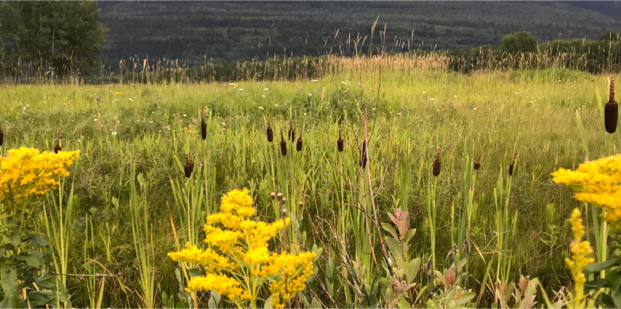
Get in touch
We would love to hear your feedback! Or alternatively, if you have anything you would like to contribute please feel free to reach out to a member of our team via email at: info@healthresearchbc.ca.


